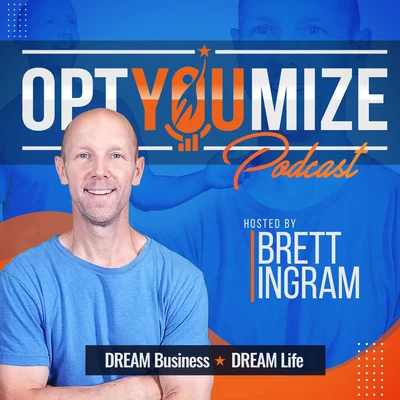Title: Navigating the Entrepreneurial Seas: 8 Strategic Questions for Decision-Making Success
In the dynamic and often tumultuous world of entrepreneurship, making informed and strategic decisions is paramount to navigating towards success. Brett Ingram, an award-winning digital marketer and entrepreneur, presents a thoughtful approach to decision-making that can significantly impact the trajectory of your business. By asking the right questions, entrepreneurs can steer their ventures with confidence, minimizing risks and maximizing opportunities for growth and innovation. Let’s dive into these essential queries that can illuminate the path forward.
1. What is the Actual Decision I Need to Make?
Starting with clarity is essential. Entrepreneurs often grapple with decisions that seem overwhelming in scope. By distilling the decision down to its core, whether it’s a simple yes or no, go or no-go, it becomes more manageable. This initial step helps to crystallize the decision, making the subsequent steps clearer and more focused.
2. Is There a Demand for It?
Understanding market demand is crucial. Whether you’re contemplating launching a new product, entering a new market, or pivoting your business model, assessing demand is key. This involves looking beyond personal conviction to empirical evidence of market need. Ingram’s personal anecdote about considering the competitive landscape before launching a video software product underscores the importance of this question.
3. Does It Fit Within Our Core Vision and Business?
Alignment with your business’s core vision ensures that your decisions contribute to your long-term objectives. Ingram’s reflection on his ventures, from software development to podcasting, highlights the importance of ensuring each decision strengthens and aligns with your business’s fundamental goals and identity.
4. Do We Have the Capacity to Take It On?
Capacity, both in terms of manpower and financial resources, is a critical consideration. It’s not just about having a great idea; it’s about having the means to bring it to fruition. Assessing your current resources and what you’d need to realize your vision is a step that cannot be skipped.
5. How Do I Plan to Achieve It?
Having a roadmap or a skeletal plan in place is necessary for success. This doesn’t mean you need every detail ironed out from the get-go, but having a clear direction and strategy for achieving your goal is crucial. This foresight can prevent aimless efforts and ensure that every step taken is a step closer to your objective.
6. What Are the Best and Worst Case Scenarios?
Imagining the best and worst case scenarios helps set realistic expectations. By understanding the potential highs and lows, entrepreneurs can better prepare for the outcomes of their decisions. This foresight not only helps in risk management but also in setting a realistic framework for decision-making.
7. What Are My Odds of Success?
Evaluating the likelihood of success requires an honest assessment of the situation. It’s about understanding the risks involved and your venture’s potential to overcome these challenges. This evaluation helps balance optimism with realism, guiding more informed and confident decision-making.
8. Can I Live with the Worst Case Scenario?
Finally, the existential consideration of whether you can accept the worst case outcome is perhaps the most critical. This question helps assess risk tolerance and ensures that you are prepared, mentally and financially, for all possible outcomes. As Ingram reflects, this principle, attributed to Warren Buffett, emphasizes the importance of proceeding only when you can confidently face the potential downsides.
Conclusion: A Strategic Blueprint for Decision-Making
Brett Ingram’s approach to strategic decision-making offers a blueprint for entrepreneurs looking to navigate the complexities of business with confidence and clarity. By carefully considering each of these eight questions, entrepreneurs can make informed decisions that align with their vision, capabilities, and market realities. This methodical approach not only enhances the probability of success but also provides a structured way to tackle the inevitable challenges of entrepreneurship.
In the end, strategic decision-making is about balancing risk with reward, intuition with insight, and ambition with pragmatism. As captains of our entrepreneurial ships, our ability to navigate these waters with strategic foresight can make the difference between fleeting success and lasting impact. Let these eight questions be your compass, guiding you towards informed, strategic, and successful decision-making in your entrepreneurial journey.
watch this episode on the optYOUmize YouTube channel: optYOUmize podcast Youtube
want more traffic, leads, and sales from your website without any extra promotion? Meet PROHMOS





